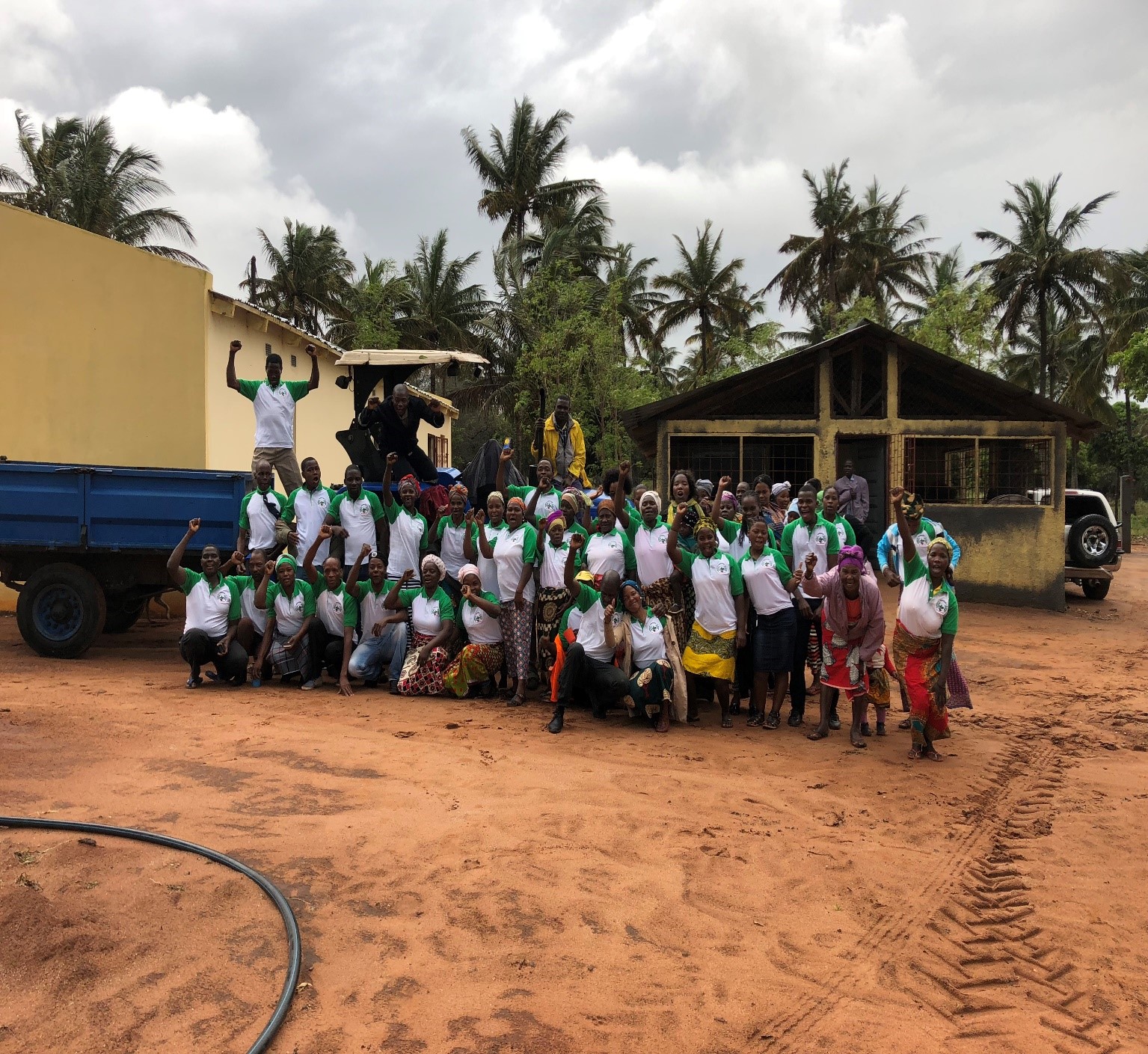

The activist Graça Machel, the wife of the late first President of Mozambique, Samora Machel, as well as of the first democratically elected President of South Africa, Nelson Mandela, addressed the audience virtually at the launch of the DGRV Cooperative School Competition in the city of Maxixe in the Inhambane province.
In her address she stressed that “Cooperatives are very much needed in the Mozambican society, initiatives that encourage citizens to work together” she then further said that “this concept [cooperatives] allows us to be better citizens, successful as individuals and as a society, if we work with others in an organized and structured way.”
“The cooperative idea goes far beyond material empowerment, it goes deep into the introduction of social values, community values, values that will contribute to the students being responsible, making our society much more dynamic and reducing social inequalities”

Elder Stateswoman – Graça Machel
She finished her remarks by quoting the Slogan of the Program “I want to salute this initiative including the partners who are working to implement this program Walk for a dream through cooperatives in schools.”
We, at DGRV, feel very honoured that Graça Machel, a person who has contributed greatly to the development of both South Africa and Mozambique and who is still an activist for the African cause made time to launch the Cooperative School Competition.
The cooperative sector currently plays a very small role within the economy of Mozambique. There are several reasons for it, the most important being the general lack of knowledge about the opportunities this form of organisation has.
DGRV has been involved for a number of years in making the idea and respective cooperative laws known among government and private institutions but so far, the most important group of society, the Youth has not been directly targeted.
In a country where the average age of the population is around 17 years this new approach is envisioned to slowly rejuvenate and grow the cooperative sector in Mozambique.
DGRV, together with the Mozambican partner Movimento pela Cidadania (Movement for Citizenhood) planned and designed a Pilot Program which is planned to be the base for an annual, nationwide campaign to support the formation of economically active cooperatives among Youth and Young adults.
The Pilot Program consists of a competition among 30 schools in 3 Provinces and will reach a total of around 900 students as well as around 100 schoolteachers and directors. The students will be trained on cooperative principles as well as on how to compile a business plan for a cooperative business.
Each of the 30 schools will then prepare a business plan for a business of their choice. It can be a small Internet Café, a repair shop, a tailor or any other business they see to have a well-designed business plan and a potential to be successful in the market.
Out of all the Business Plans received a Jury consisting of representatives of various public and private entities, including DGRV, will then select the 3 best submissions. These 3 business plans will then be financed through Seed Capital provided by the DGRV Regional Project, additionally the 3 winning businesses will be accompanied and supported along the first year of their business.
Each of the 30 schools will then prepare a business plan for a business of their choice. It can be a small Internet Café, a repair shop, a tailor or any other business they see an opportunity in. The only limitation is that it needs to have a well-designed business plan and a potential to be successful in the market.
Out of all the Business Plans received a Jury consisting of representatives of various public and private entities, including DGRV, will then select the 3 best submissions. These 3 business plans will then be financed through Seed Capital provided by the DGRV Regional Project, additionally the 3 winning businesses will be accompanied and supported along the first year of their business.
The current program is a pilot in only 3 of the 11 provinces and only covering 10 schools per province. The lessons learned will help DGRV and their partner Movimento pela Cidadania to design a nationwide program to support Youth Cooperatives on a bigger scale. The winners of this year’s competition will be engaged as Champions to support and inspire the future generation of the Cooperative sector of Mozambique.
Only through the engagement of the Youth and Young adults Mozambique will be able to achieve an economic transformation which secures the future of the population and the country as a whole.
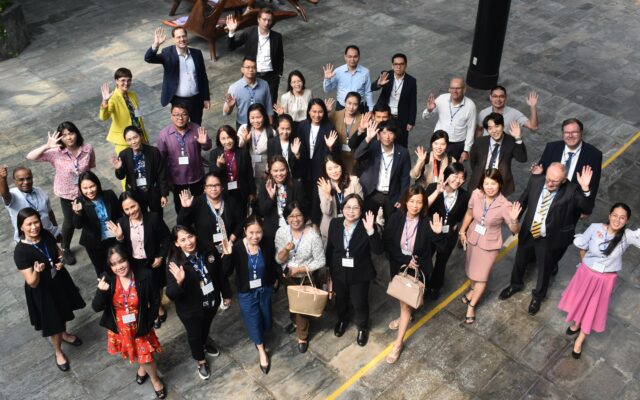
A new partnership between DGRV and the Cooperative Development Authority (CDA) in the Philippines is enhancing regulatory oversight and stability within the cooperative sector.
More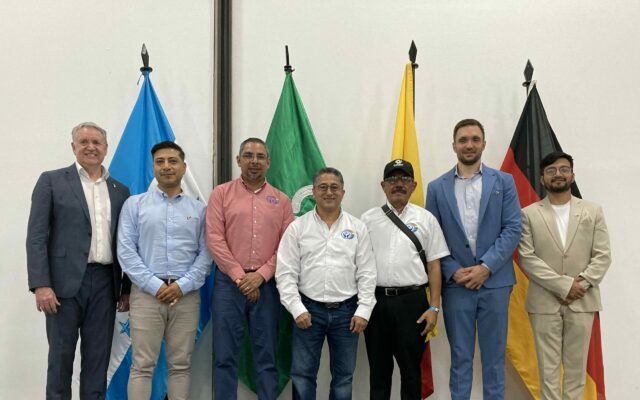
DGRV’s project in Honduras focuses on strengthening the cooperative financial sector, particularly in rural areas, and improving access to financial products and services. The initiative also aims to enhance resilience to climate change and promote the efficient use of natural resources, fostering sustainable and inclusive economic growth.
More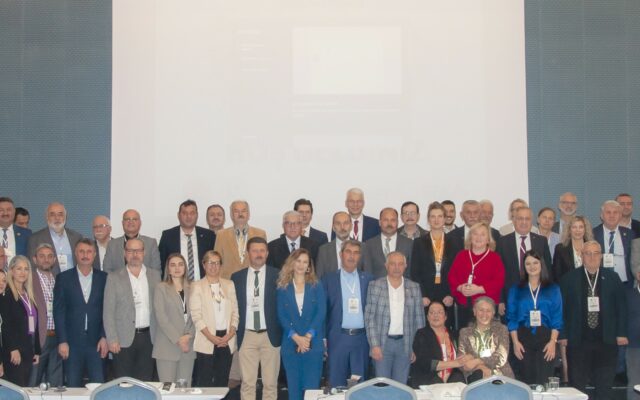
The 8-year long TAKBİ project within the framework of the Turkish and German association cooperation, revitalized Turkish agricultural cooperatives by surmounting challenges, elevating organizational structures, improving service quality, and fostering member satisfaction, leaving a lasting positive impact on the cooperative landscape in Turkey.
More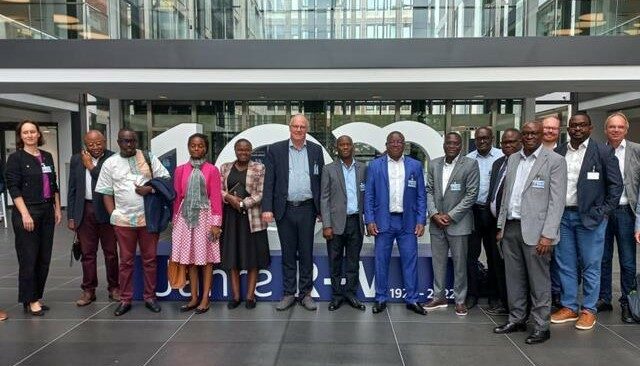
Financial experts from Benin, Cameroon, and Uganda embarked on a journey to Germany to explore the essence of cooperative principles, forging a vision for a resilient banking sector that transcends borders and fosters economic and social progress in African communities.
More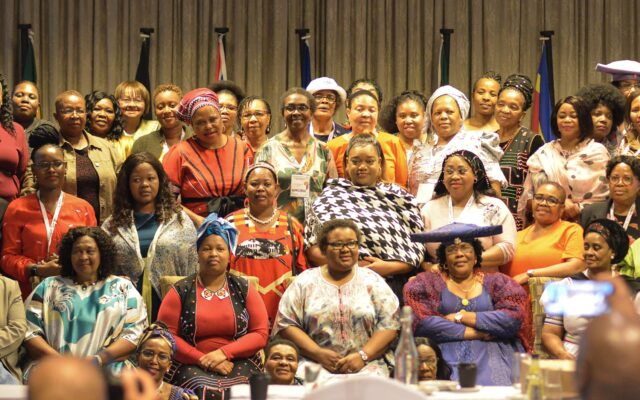
In an extraordinary gathering, female traditional leaders from Southern Africa converged to harmonize the concepts of Ubuntu and cooperative principles, setting a visionary path for community development.
More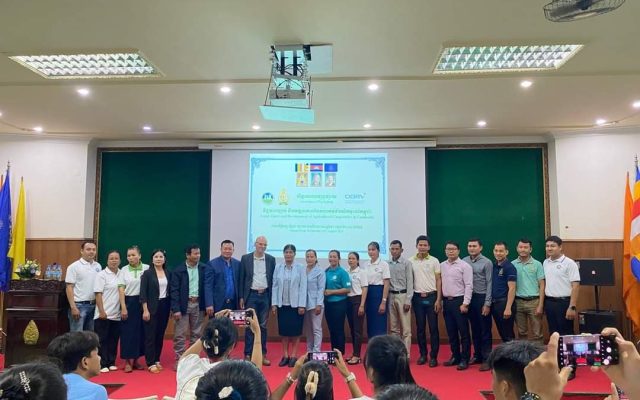
Empowering Cambodia's agricultural cooperatives through dynamic seminars: DGRV and AERD/RUA collaborate to drive leadership, professionalism, and sustainable growth.
More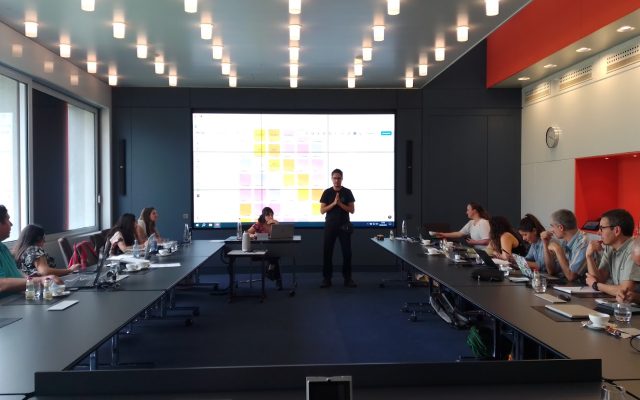
In June, eight Chilean organizations participated in an Exposure Visit to learn from the experience of Energy Cooperatives in Germany
More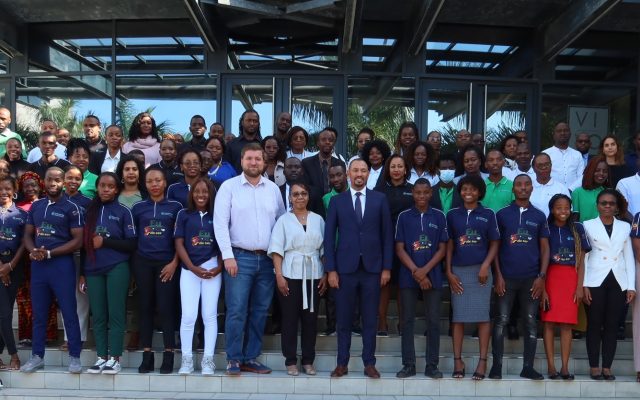
Empowering Mozambican youth through cooperative entrepreneurship to tackle unemployment and promote economic growth.
More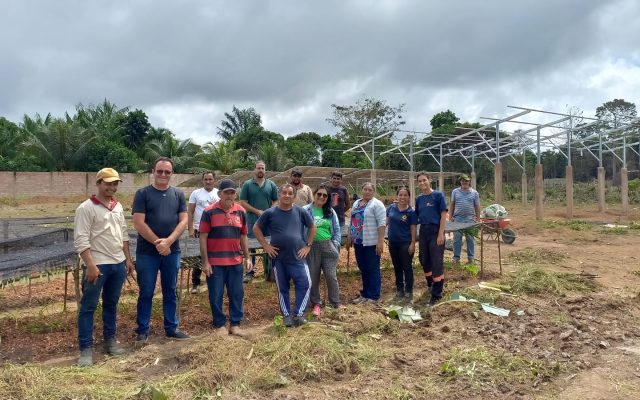
Helping the cooperative CCampo Alimentos to implement an Agrivoltaic pilot project in Brazil
More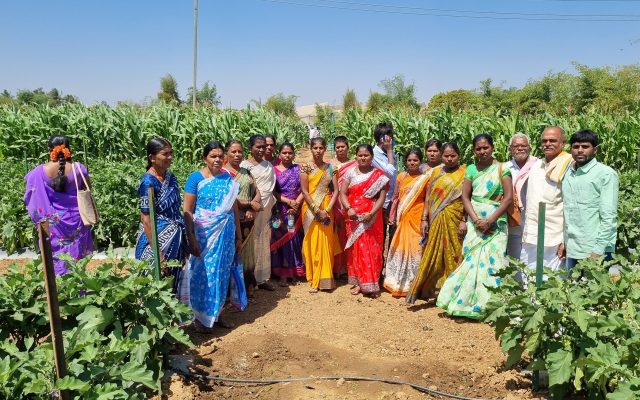
Adaptation measures to climate change in rural areas in India
More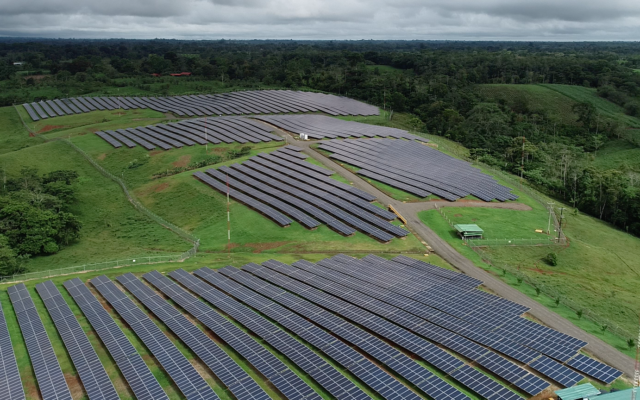
Renewable Energy in Costa Rica generated by cooperatives.
More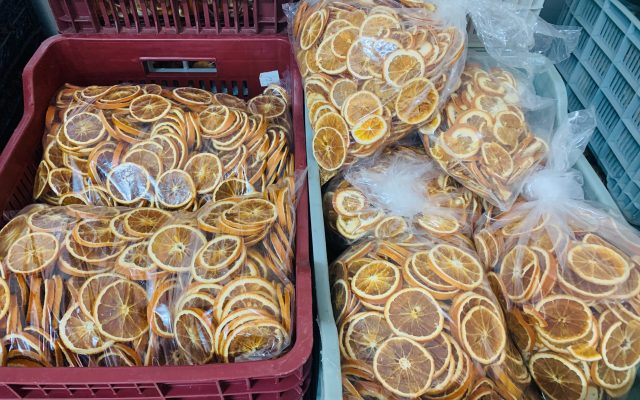
Food Processing with a Regional Federation
More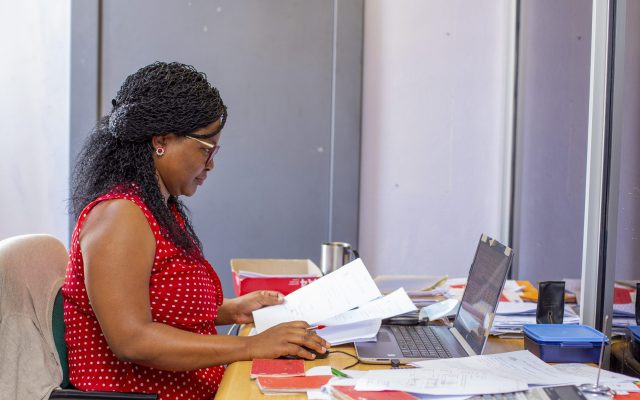
Digitisation of Primary Co-operatives in eSwatini
More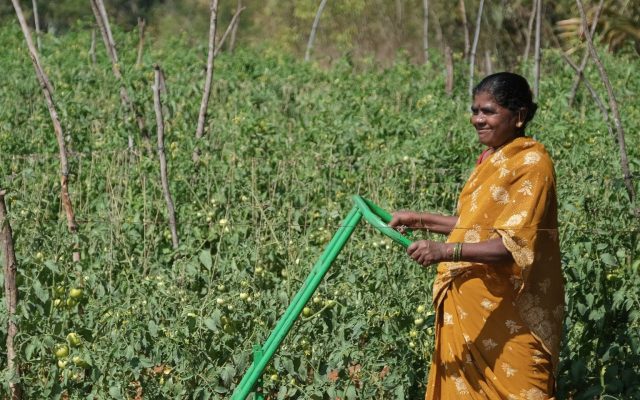
A central solution that enables members to make daily agricultural necessities available promptly and financially affordable
More
The creation of Community Distributed Generation Cooperatives in Chile.
More
Textile cooperative in Tunisia
More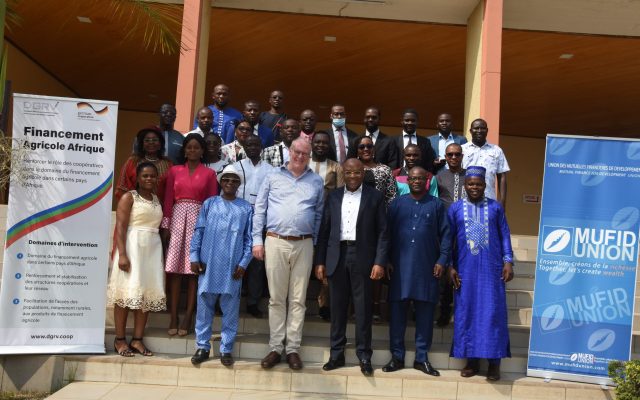
Facilitating access to quality agricultural finance products in Cameroon
More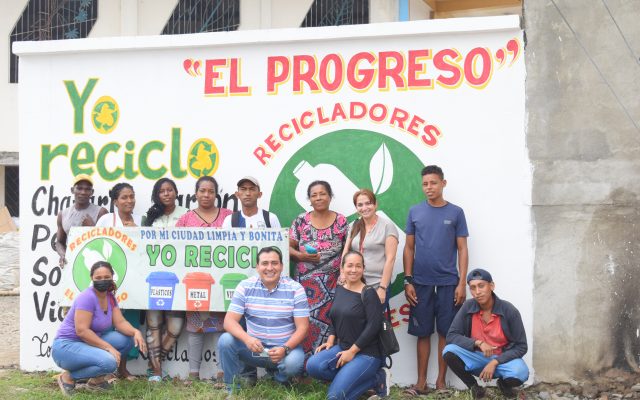
Generating business and commercial connections with the "Networks in Action" project
More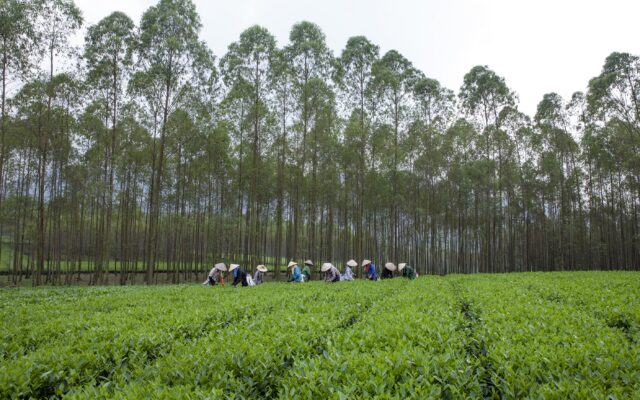
Mid- term courses for cooperative officials in Vietnam
More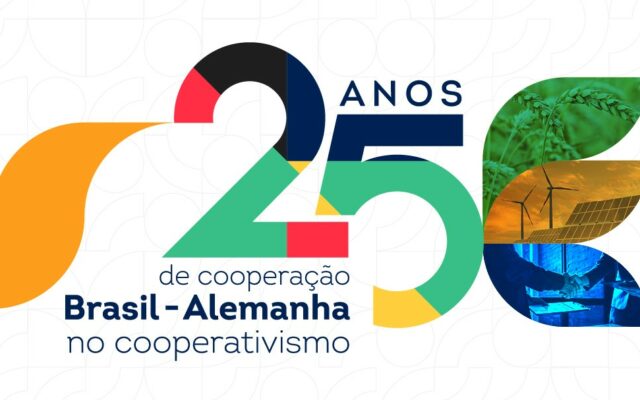
The collaboration between the Brazilian and German cooperative sector
More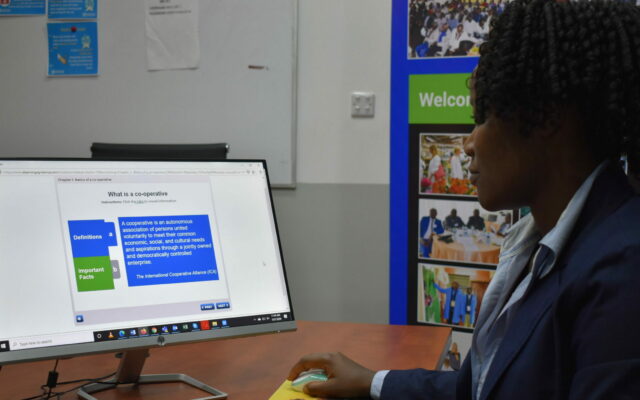
DGRV Kenya supports project partners on their way to adapt to “The new normal” in times of COVID-19
More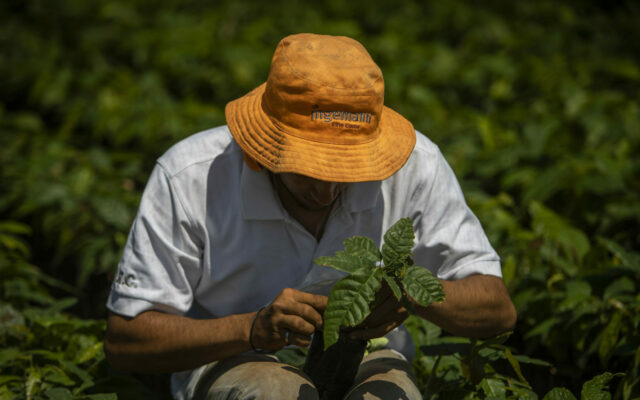
Pablo and his Potatoes
More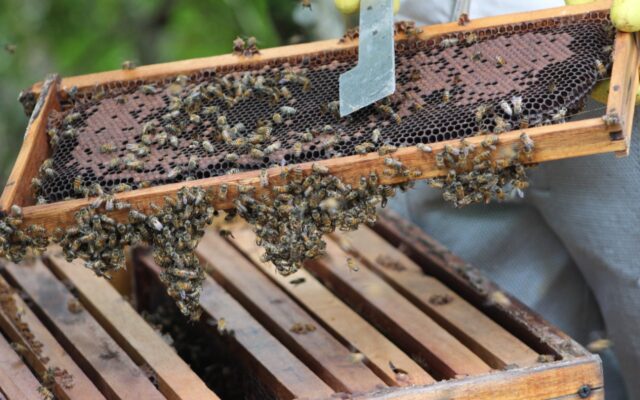
Strengthening small rural producer organizations in Colombia
More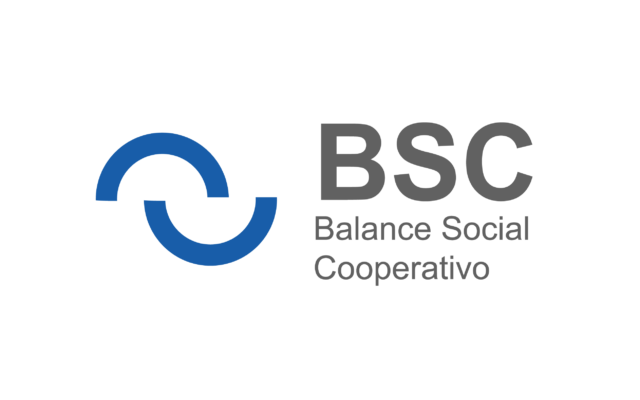
Cooperative Social Responsibility in Honduras
More